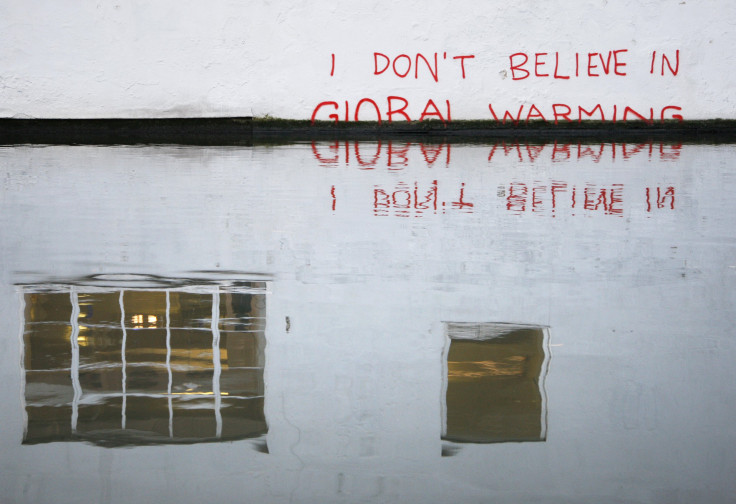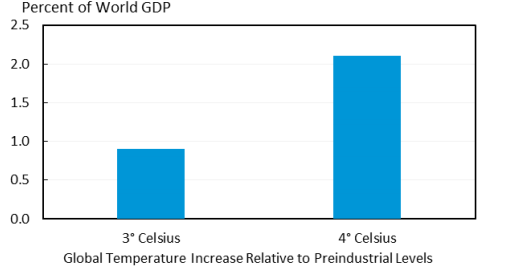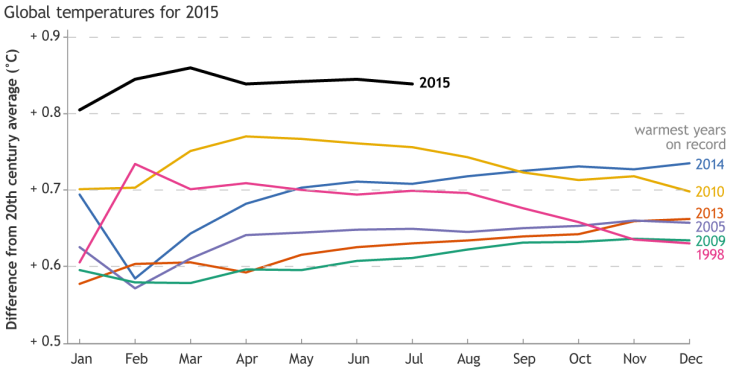Climate Change: 11 House Republicans Call For 'Environmental Stewardship' In A New Resolution

Eleven House Republicans, led by Rep. Chris Gibson (R-NY), signed a resolution calling for action on climate change. The resolution, made public Thursday, marks a major break from the party line of climate change denial.
“The House of Representatives commits to working constructively, using our tradition of American ingenuity, innovation, and exceptionalism, to create and support economically viable, and broadly supported private and public solutions to study and address the causes and effects of measured changes to our global and regional climates, including mitigation efforts and efforts to balance human activities that have been found to have an impact,” the resolution, which calls for a “conservative environmental stewardship,” reads.
Multiple studies, including one conducted by the U.S. banking giant Citigroup, have cautioned that the cost of not acting on climate change can potentially run into trillions of dollars. According to the Citigroup study, released in August, the “lost” GDP from inaction might be as high as $44 trillion by 2060.
In an assessment released last July, the White House said that if delayed action on climate change causes global temperatures to stabilize at 3 degrees Celsius (5.4 degrees Fahrenheit) above pre-industrial levels -- instead of the widely accepted red line of a 2 degree rise -- it would induce annual additional damages of 0.9 percent of global output.

“This is also a fundamentally conservative issue. … All too often, the conversation about appropriate and balanced environmental stewardship gets caught up in partisan politics,” Gibson, who is not seeking re-election, said in a statement published Thursday. “Yet, this conversation is key to the preservation of our great country for generations to come, as important as ensuring we have fiscally responsible policies to secure our future.”
As of now, it is unclear how the Republican leadership will respond. A number of Republican presidential candidates, including Sen. Ted Cruz, are self-confessed “skeptics” who question the existence of climate change, and several others have vowed to defeat President Barack Obama’s Clean Power Plan, which imposes sweeping curbs on carbon emissions from power plants.
The resolution comes at a time when average global temperatures look set to break another record. The National Oceanic and Atmospheric Administration said Thursday that it is now 97 percent likely that this year will be the hottest on record -- a distinction currently held by 2014, when global temperatures were 1.24 degrees Fahrenheit above the 20th century average.

© Copyright IBTimes 2025. All rights reserved.






















